Blog
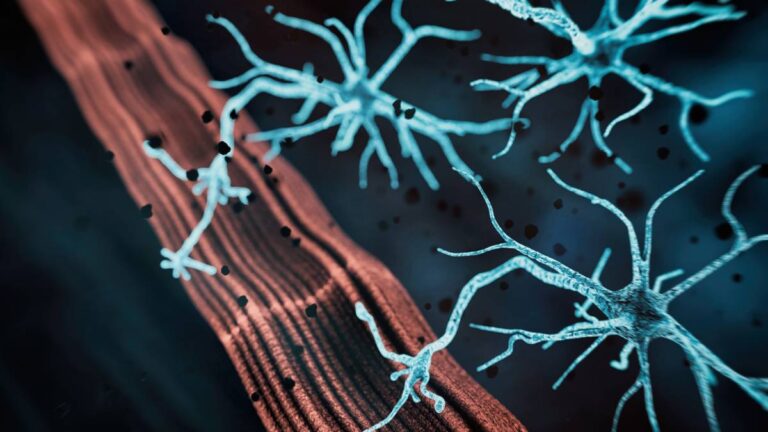
Neuromuscular Blockade: Smooth Muscle vs Skeletal Muscle
Neuromuscular blockade refers to the inhibition of the effective, coordinated contraction of muscles leading to veritable paralysis—either flaccid (i.e., soft) or spastic (i.e., rigid).1 Neuromuscular

Molecular Mechanism of Action of Pancuronium
Pancuronium is a long-acting, non-depolarizing neuromuscular blocking agent that plays a significant role in anesthesia and critical care by inducing skeletal muscle relaxation. Pancuronium’s primary

Public Health Trends to Be Aware of This Fall
As the fall season approaches, healthcare systems and the public face both recurring and emerging health concerns. Each fall brings shifts in respiratory illness patterns,

Cognitive Training Before Anesthesia and Surgery
As the global population ages and more elderly patients undergo surgery, healthcare providers are facing new challenges—among them, how to minimize postoperative cognitive decline. One

Progress in Fighting the Opioid Crisis
Over the past decade, the opioid crisis has emerged as one of the most devastating public health challenges in the United States. Despite the ongoing

Use of Norepinephrine in Anesthesia
Norepinephrine, a potent α-adrenergic and β-adrenergic agonist, has become a cornerstone in managing hemodynamic instability during anesthesia. Maintaining blood pressure within a safe range during

Muscle Relaxing Effects of Volatile Anesthetics
Volatile anesthetics, including isoflurane, sevoflurane, and desflurane, are fundamental components of modern anesthesia practice. They are used for general anesthesia, during which the patient is
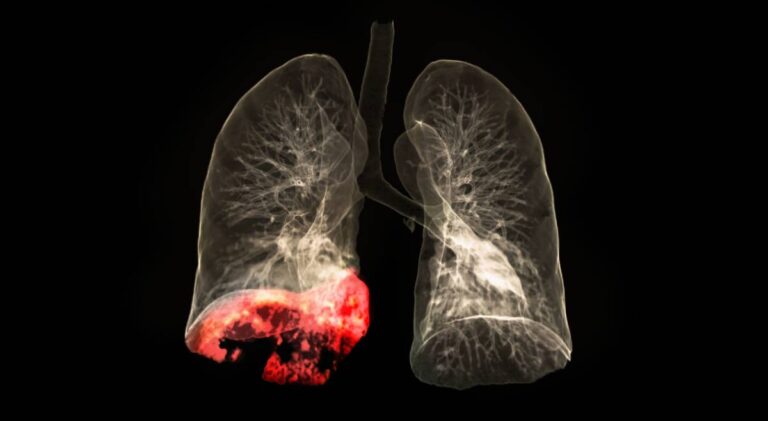
Anesthesia Considerations for Patients with Lung Scarring
Lung scarring, also known as pulmonary fibrosis, occurs when the tissue of the lungs becomes damaged and scarred, often leading to difficulty in breathing, reduced

Uses of Intravenous Midazolam
Midazolam is a versatile benzodiazepine commonly used in clinical settings for anesthesia induction. It is water-soluble in its acid formulation but highly lipid soluble in

Fluoxetine (Prozac) and Propofol
Fluoxetine, more commonly known by its brand name Prozac, is an antidepressant medication belonging to the selective serotonin reuptake inhibitor (SSRI) drug class. By blocking
Applications of POCUS
Point-of-care ultrasound (POCUS) has become an essential tool in modern medicine, significantly improving the accuracy of diagnostic and therapeutic interventions. Initially popularized in emergency and
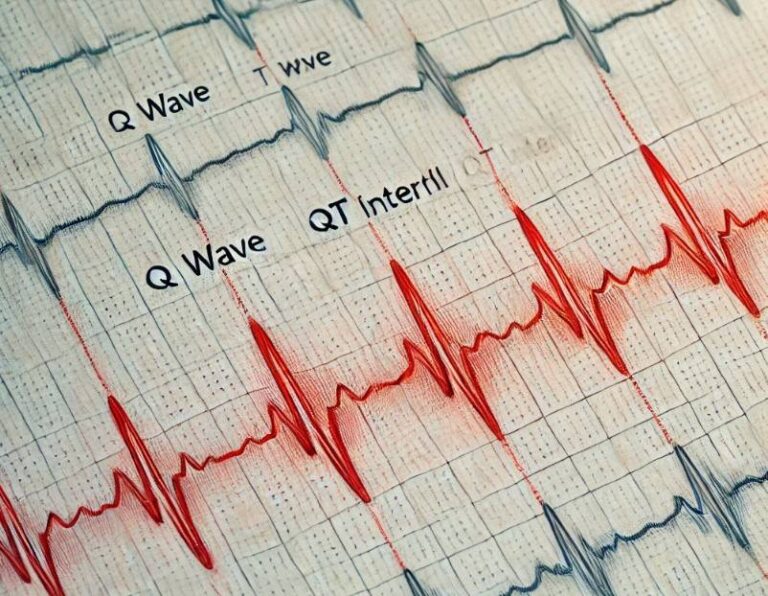
Prolonged QT and Opioids
Opioids, commonly used for pain management, have been associated with a variety of cardiac complications, including QT prolongation, which is a critical marker of increased

Uncommon Cardiac Conditions that Impact Anesthesia
Anesthesia management in patients with cardiac conditions requires meticulous planning and a solid understanding of the underlying pathophysiology. While common cardiac diseases like ischemic heart

Chemoprophylaxis for Venous Thromboembolism in the Perioperative Setting
Venous thromboembolism (VTE), encompassing both deep vein thrombosis (DVT) and pulmonary embolism (PE), represents a significant risk in the perioperative setting, particularly among patients undergoing

Promethazine in Anesthesia
Promethazine, a first-generation antihistamine, has gained significant recognition for its diverse pharmacological properties, including its utility in anesthesia. This phenothiazine derivative, best known for its

Management of Cardiogenic Shock
Cardiogenic shock is a critical medical condition characterized by the heart’s inability to pump sufficient blood to meet the body’s demands, often leading to multiple

Memory Under Anesthesia
The experience of undergoing anesthesia can be difficult to understand, especially regarding memory during the procedure. Many patients wonder whether they’ll recall anything while under

Biased Opioids
Opioids—a class of drugs that are derived from or mimic the opium poppy plant—are used to treat severe and persistent pain. Many opioids are highly

Outpatient Surgery for Patients with Seizures
Typically, outpatient surgery can be more convenient and less costly for patients. However, not all cases are suitable for the outpatient setting, given that the

Anesthesia in the ER
Anesthesia in the emergency room (ER) plays a vital role in facilitating painful procedures while ensuring patient comfort and cooperation. However, balancing between sedation and

Challenges in Anesthesia for Thoracic Surgery
Thoracic surgery, which encompasses procedures involving the chest and its contents, presents unique challenges for anesthesia providers. The delicate balance of maintaining optimal oxygenation and
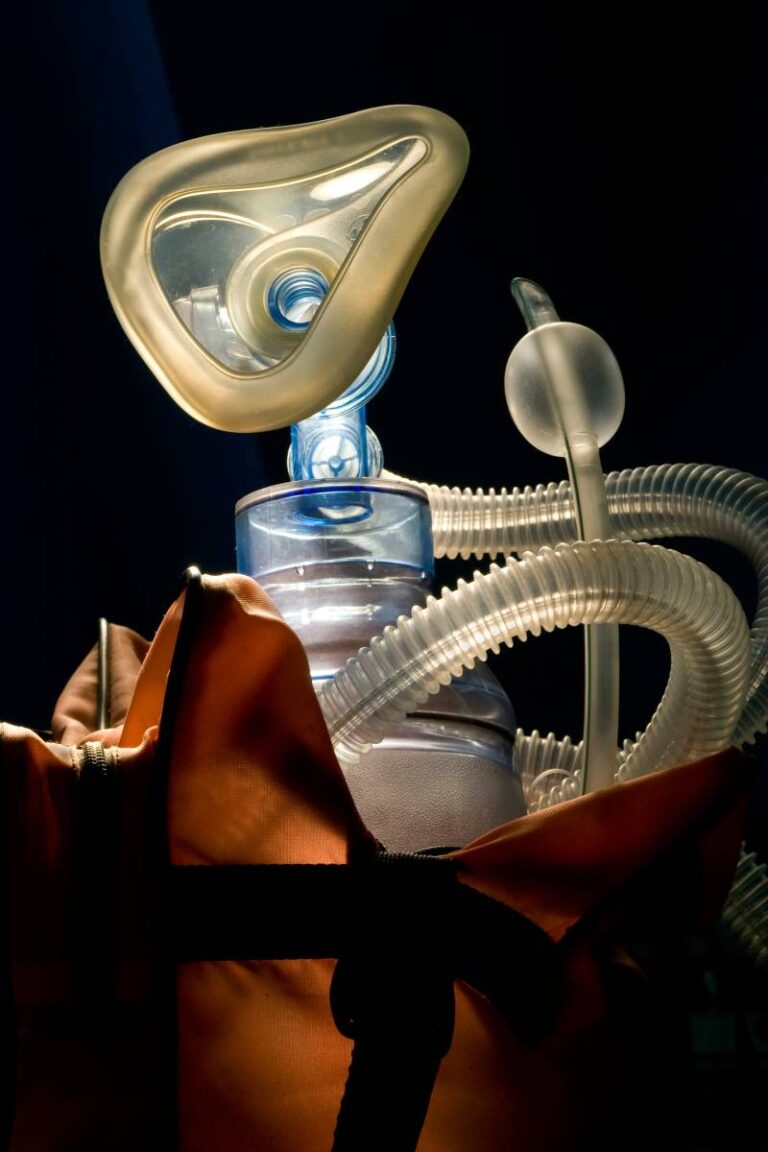
Potential for Closed-Loop Sedation
Acute respiratory failure due to infection, trauma, or major surgery is one of the most common conditions encountered in intensive care units (ICU), and mechanical
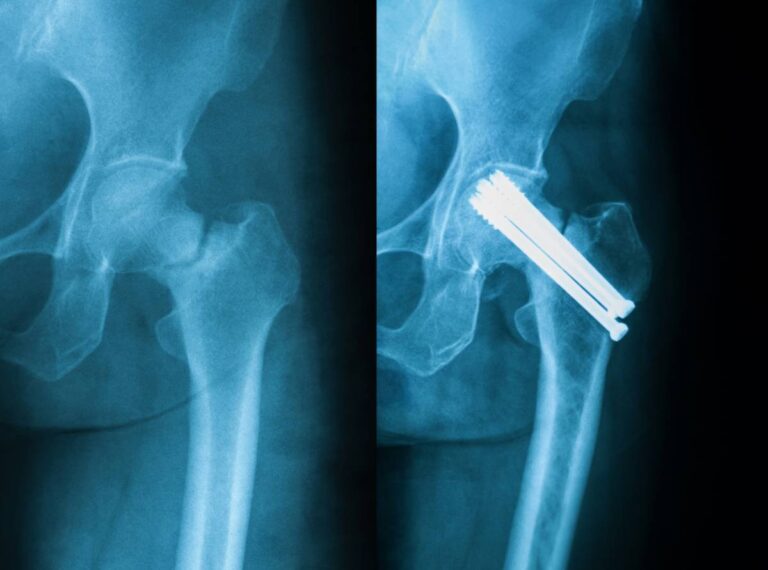
Anesthesia Considerations for Geriatric Patients
The elderly population is growing, and individuals aged 65 and over will increase from 13% of the US population in 2010 to 20% by 2030.

Difficult Airway Management by the Anesthesiologist
The management of a difficult airway by an anesthesiologist is a critical component of patient care in both elective and emergency situations. It involves a
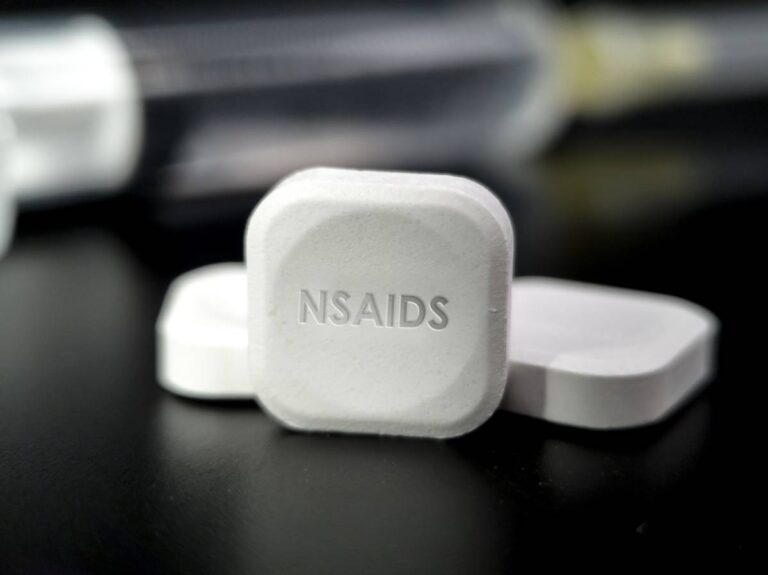
When Are NSAIDs Appropriate for Postoperative Pain?
Postoperative pain management is a critical aspect of the recovery process. While various pain management strategies exist, nonsteroidal anti-inflammatory drugs (NSAIDs) have gained recognition for
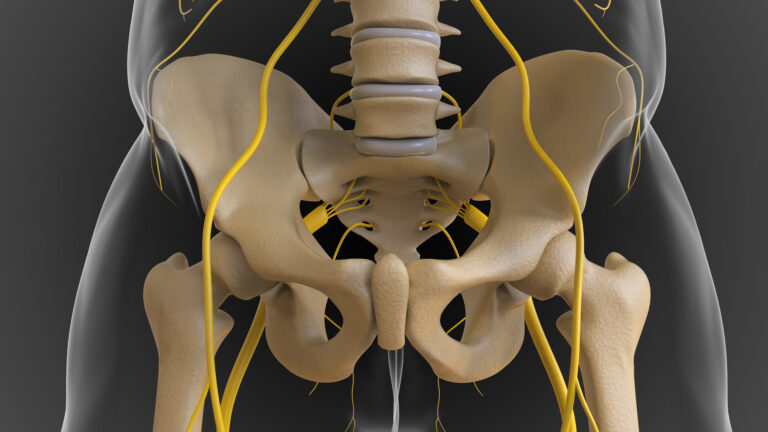
Pericapsular Nerve Group (PENG) Block for Pain Management of Patients with Hip Fracture
Hip fractures, a common yet severe injury especially among the elderly, pose significant challenges in pain management. Effective pain control is paramount, not only to

Recent Updates to HIPAA
The Health Insurance Portability and Accountability Act of 1996, better known as HIPAA, is the federal law protecting patients’ personal health information from fraud and
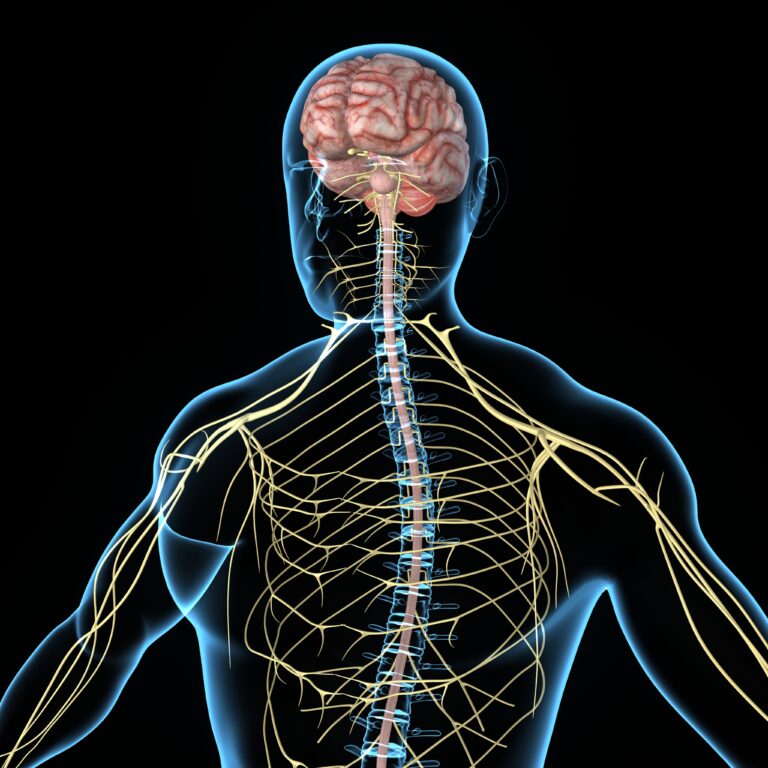
The Anatomy of the Autonomic Nervous System
The autonomic nervous system (ANS) is a critical component of the human nervous system that is responsible for regulating involuntary body functions such as heart

Role of Anesthesia in Reducing Surgical Anxiety
Surgical procedures can be a source of anxiety and stress for many individuals. The anticipation of undergoing surgery, coupled with the fear of pain or

Possible Complications of Anesthesia
Anesthesia allows patients to undergo surgeries and procedures without feeling pain or discomfort, and it enables medical professionals to work safely and effectively. However, anesthesia